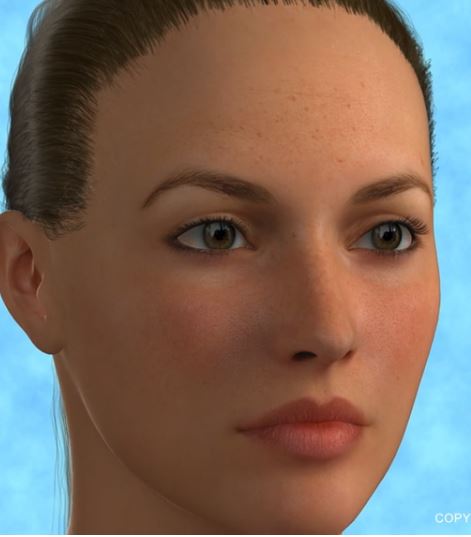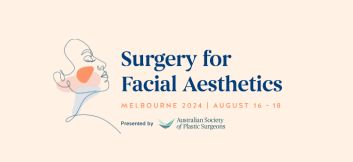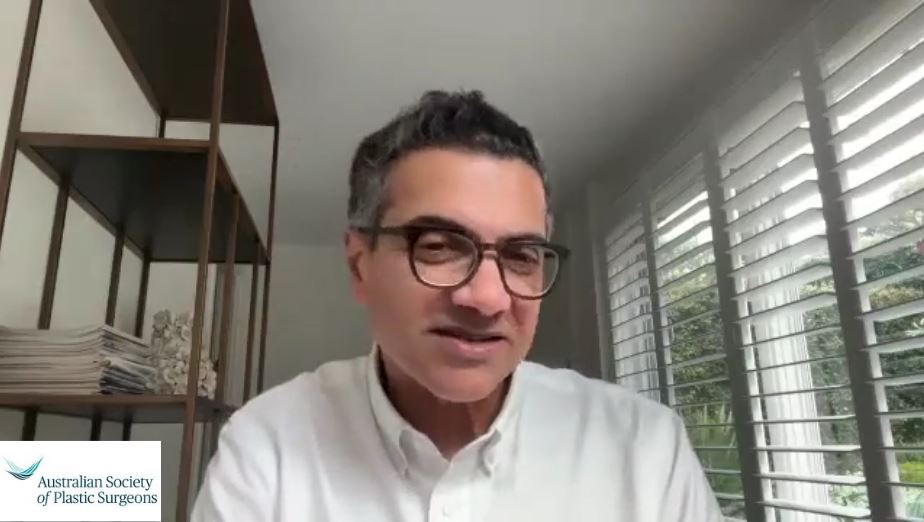Procedures
Eyelid Reduction Surgery
- About Your Specialist Plastic Surgeon
- Cosmetic
- Non-surgical Procedures
- Plastic Surgery Glossary
- Questions for Your Surgeon
- Reconstructive
- Surgical Procedures
- Abdominoplasty (Cosmetic)
- Abdominoplasty (muscle repair postpartum)
- Arm Lift
- Body Contouring
- Body Lift
- Breast Asymmetry Correction
- Breast Augmentation (Implants)
- Breast Implants with Lift
- Breast Lift
- Breast Reconstruction
- Breast Reduction
- Brow Lift
- Burns and Scarring
- Buttocks Lift
- Chin Surgery
- Cleft Lip & Palate
- Ear Surgery
- Eyelid Reduction Surgery
- Facelift Surgery
- Facial Implants
- Fat injection
- Gender Affirming Surgeries
- Gynaecomastia (Male Breast Reduction)
- Hair Replacement Surgery
- Hand Surgery
- Labiaplasty
- Liposuction
- Nipple Enhancement for Inverted Nipples
- Nose Surgery
- Scar Revision
- Skin Cancer
- Thigh Lift
- Tissue Expansion
Eyelid Reduction Surgery

Any surgical or invasive procedure carries risks. Before proceeding, you should seek a second opinion from an appropriately qualified health practitioner.
Eyelid surgery, also known as a blepharoplasty, is a procedure that removes excess fatty tissue and/or loose skin surrounding the eyes to give the area a more rejuvenated appearance.
The aim of eyelid reduction surgery is to improve facial appearance and reduce the signs of ageing by treating:
- Loose or sagging skin that creates folds or disturbs the natural contour of the upper eyelid, sometimes impairing vision
- Excess fatty deposits that appear as puffiness in the upper eyelids
- Bags under the eyes
- Droopiness of the lower eyelids, showing white below the iris (coloured portion of the eye)
- Excess skin and fine wrinkles of the lower eyelid
Eyelid reductions are one of the most common plastic surgery operations. They can be done alone or at the same time as other facial surgery, such as facelift surgery or brow lift surgery.
Eyelid reduction surgery is a highly individualised procedure and may not be suitable for everyone. Always talk to your Specialist Plastic Surgeon before making a decision. Your surgeon will assess your condition and general health, and plan the treatment that is best suited to you.
Before you decide on eyelid reduction surgery, there are some important issues to keep in mind:
- Upper eyelid surgery is often carried out separately from lower eyelid surgery. Be prepared for two separate operations
- Eyelid reduction cannot remove dark circles under the eyes, lift sagging eyebrows or get rid of crow’s feet
- Smokers are at increased risk of complications. If you are serious about undergoing surgery, you should quit smoking
Eyelid reduction surgery may not be a good option for you if you are:
- Not able to have an anaesthetic
- Prone to bleeding tendencies or have poor healing ability
- Too high risk of having surgical complications
Eyelid reduction surgery may be a good option for you if:
- You are physically healthy and you do not have medical conditions that can impair healing or increase risk of surgery
- You do not have any serious eye conditions
- You have realistic expectations of what eyelid reduction surgery can accomplish
- You are a non-smoker or have stopped smoking
Eyelid reduction surgery can be performed under general anaesthesia or local anaesthesia.
Modern anaesthesia is safe and effective, but does have some risks. Ask your Specialist Plastic Surgeon and anaesthetist for more information. Your surgeon and/or anaesthetist will ask you about all the medications you are taking or have taken, and any allergies you may have. Make sure you have an up to date list before the surgery.
Modern surgery is generally safe but does have the potential for risks and complications to occur.
Specific risks and complications associated with eyelid reduction surgery include:
- Bruising and swelling
- Pain and discomfort
- Removal of too much skin, possibly exposing the cornea to injury
- Asymmetry of the eyelids
- Noticeable scarring of the incisions
- Itchiness, watering or dryness of the eyes
- Drooping of the lower eyelid which will usually recover but occasionally requires further surgery
- Temporary changes in vision. In rare cases, changes in vision may be long lasting or permanent
- In extremely rare cases, eyelid reduction surgery can lead to blindness. Smoking, pre-existing eye disease, straining, lifting and coughing can add to this risk.
Depending upon your general health and the extent of the procedure, eyelid reduction surgery can be performed either as a day case or alternatively with a short hospital stay. Your Specialist Plastic Surgeon will advise on the best option for you.
Before undergoing surgery, it is important that you:
- Be as fit as possible to help the recovery process
- Check with your surgeon about your medications as some may need to be stopped
- Stop smoking
You will also be asked to provide a complete medical history for your Specialist Plastic Surgeon including any health problems you have had, any medication you are taking or have taken, and any allergies you may have. In addition, tell your surgeon if you have had:
- Previous eyelid or facial surgery
- Dry eyes, use of eye drops or visual disturbances
- Any use of glasses or contact lenses
You may be advised to stop taking certain medicines such as non-steroidal anti-inflammatory drugs (NSAIDs), aspirin, and medicines that contain aspirin. You may also be asked to stop taking naturopathic substances such as garlic, ginkgo, ginseng and St John’s Wort as they may affect clotting and anaesthesia. Always tell your surgeon EVERYTHING you are taking.
You may be given medicines to take before the surgery, such as antibiotics.
Unless your surgeon advises differently, you will be able to continue taking most medicines that you have been taking.
If you decide to have eyelid reduction surgery, your surgeon will ask you to sign a consent form. Make sure you read the consent form carefully before signing. If you have any questions, ask your surgeon.
Prepare a “recovery area” in your home. This may include pillows, ice packs, a thermometer and a telephone within easy reach. Make sure you arrange for a relative or friend to drive you to and from the hospital or clinic. Someone should also stay with you for at least 24 hours after you return home.
Your surgeon should give detailed preoperative instructions. Follow them carefully.
You can usually drink fluids and eat a light meal within two or three hours after surgery. You may have some pain and discomfort, particularly around the incisions. Your Specialist Plastic Surgeon will prescribe pain medication as required.
Some bruising and swelling is normal, and may take up to a few weeks to disappear. Sleeping with your head elevated will help to reduce the swelling.
You may be required to clean your eyes as they sometimes become crusty and itchy. You may need to use lubricating drops. Your eyes may be sensitive to light for a few days so you may need to wear sunglasses. Do not wear contact lenses for at least two weeks.
Depending on the extent of your procedure, you may need to take a few days off work to rest. Avoid heavy lifting, strenuous exercise, swimming and strenuous sports until advised by your surgeon.
If you experience any of the following symptoms, notify your surgeon immediate:
- Temperature higher than 38°C or chills
- Heavy bleeding from the incisions
- Worsening redness around the incision sites
- Increasing pain or tenderness, or other problems that appear to be worsening
Your surgeon will give you specific instructions on post-operative care. These instructions may include:
- How to care for your surgical site(s) following surgery
- Medications to apply or take orally to aid healing and reduce the risk of infection
- Specific concerns to look for at the surgical site(s) or in your general health
- When to follow-up with your surgeon
Be sure to ask your surgeon specific questions about what you can expect during your individual recovery period, such as:
- Where will I be taken after my surgery is complete?
- What medication will I be given or prescribed after surgery?
- Will I have dressings/bandages after surgery? If so, when will they be removed?
- Are stitches removed? When will they be removed?
- When can I resume normal activity and exercise?
- When do I return for follow-up care?
Scars are an inevitable part of any invasive surgery. Your Specialist Plastic Surgeon will endeavour to minimise scarring and to keep your scars as inconspicuous as possible by locating the incisions in easily hidden sites. That way, scars will be along natural skin lines and creases. Scars may fade with time and become barely noticeable. If you are prone to scarring, you should advise your surgeon.
Cost is always a consideration in elective surgery. Prices for a tummy tuck can vary widely between Specialist Plastic Surgeons. Some factors that may influence the cost include the surgeon’s experience, the type of procedure used and the geographic location of the office.
Costs associated with the procedure may include:
- Surgeon’s fee
- Hospital or surgical facility costs
- Anaesthesia fees
- Prescriptions for medication
- Post-surgery garments
- Medical tests
Your surgeon should welcome any questions you may have regarding fees.
- Blepharoplasty: Eyelid surgery to improve the appearance of upper eyelids, lower eyelids or both
- Ectropion: When the lower eyelid is rolled outward after eyelid surgery; often a temporary condition
- Endoscope: A surgical video device sometimes used during brow lift procedures
- General anaesthesia: Drugs and/or gases used during an operation to relieve pain and alter consciousness
- Hematoma: Blood pooling beneath the skin
- Intravenous sedation: Sedatives administered by injection into a vein to achieve relaxation
- Local anaesthesia: A drug injected directly to the site of an incision during an operation to relieve pain
- Sutures: Stitches used by surgeons to hold skin and tissue together
- Transconjunctival incision: Incision hidden inside the lower eyelid
Visit the Plastic Surgery Glossary for more medical terms.
This website is intended to provide you with general information only. This information is not a substitute for advice from your Specialist Plastic Surgeon and does not contain all the known facts about this procedure or every possible side effect of surgery. It is important that you speak to your surgeon before deciding to undergo surgery. If you are not sure about the benefits, risks and limitations of treatment, or anything else relating to your procedure, ask your surgeon to explain. Patient information provided as part of this website is evidence-based, and sourced from a range of reputable information providers including the American Society of Plastic Surgeons, Better Health Channel and Mi-tec medical publishing.
Featured Stories

Member Blog with Dr Ellis Choy: What is a Deep Plane Facelift?
Who is the ideal candidate for a deep plane facelift?…
Continue reading
